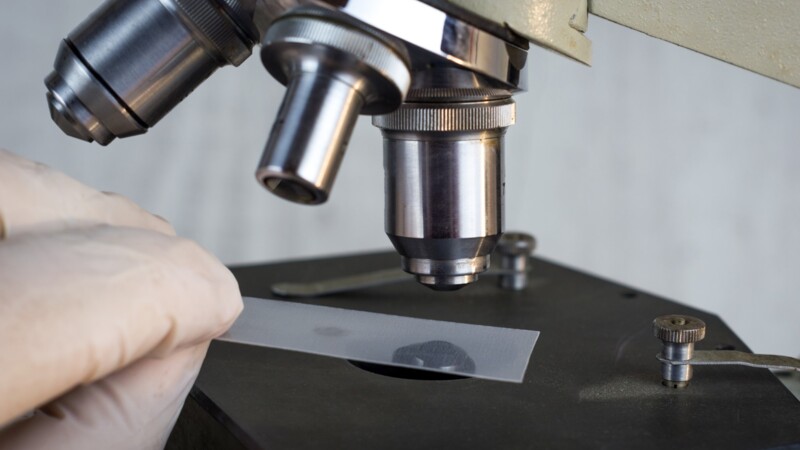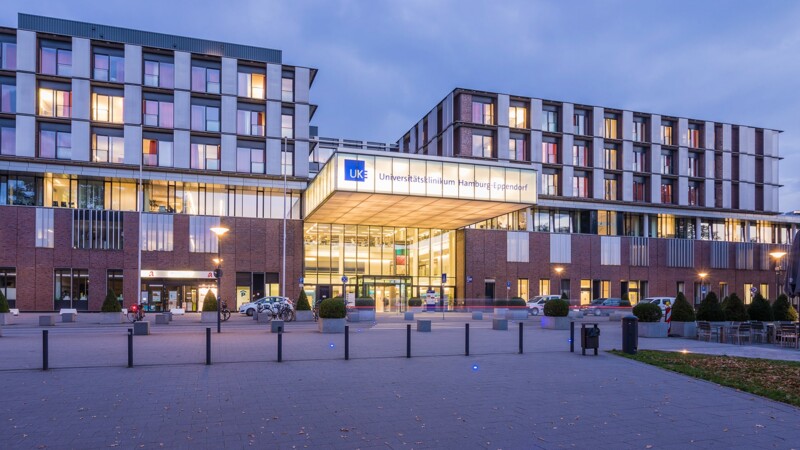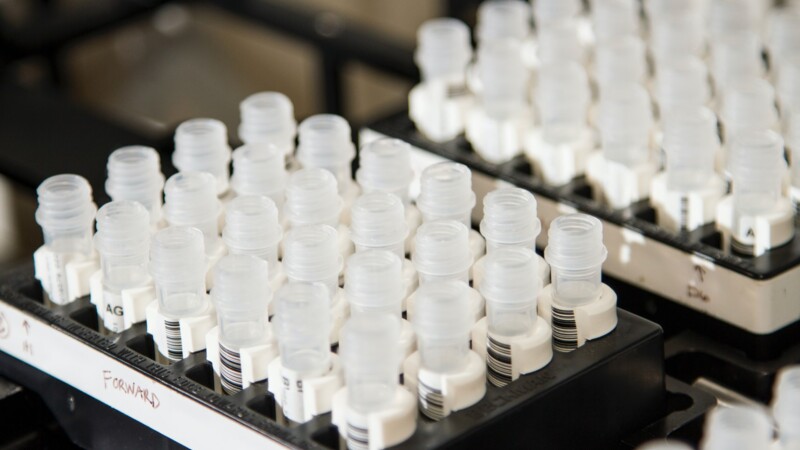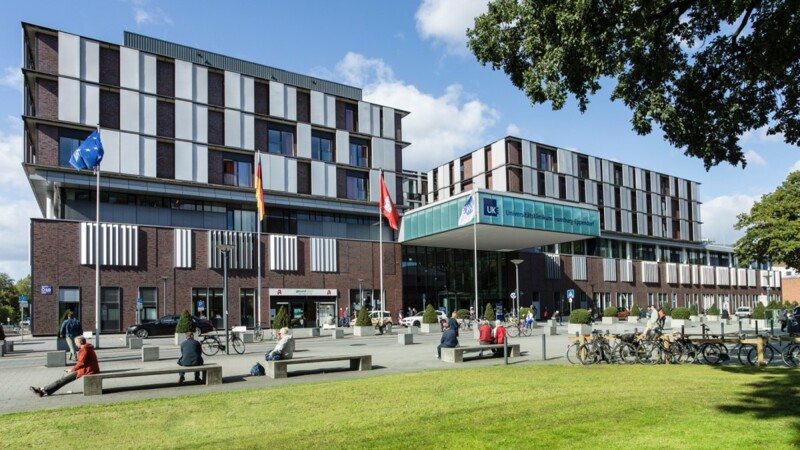Scientists are researching the use of liquid biopsies for diagnosing minimal residual disease (MRD) as part of the "GUIDing multi-modal thErapies against Minimal Residual Disease by liquid biopsies" project. Radiology methods used to detect these residual tumour cells, which require chemotherapy or radiotherapy in the case of MRD, have failed so far. However, circulating tumour DNA (ctDNA) can be detected in the blood, prompting researchers to develop a tool for early detection and targeted multimodal treatment of metastases.
An international consortium led by the University Hospital Hamburg-Eppendorf (UKE) is set to develop reference standards for the use of liquid biopsies in cancer therapy, a press release said Thursday (June 15, 2023). Validated and standardised procedures for detecting traces of cancer in the body could lead to therapy modified to the patient thereby increasing its success rate. The five-year "GUIDE.MRD" project is receiving EUR 17.6 million in EU funding of which EUR 3.4 million is going to Hamburg.
Tool for early-detection of ctDNA
Modified cancer therapies
"I congratulate all those institutions involved in this great success, which will strengthen Hamburg as a centre of health and cancer research," said Katharina Fegebank, Senator for Science and Research. "The early detection of metastases is one of the most important goals in cancer research, as metastases are the main causes of aggressive cancer. Earlier diagnosis using a blood test should open up the possibility of timely therapeutic intervention through liquid biopsy," said Prof. Pantel, Director of the Institute of Tumor Biology at UKE. "The standardised use of liquid biopsies in oncological MRD diagnostics can lead to precise cancer therapies modified to the individual clinical picture and giving patients the best possible therapy. The significant EU funding for this important research project reflects UKE's outstanding expertise in oncological research," said Prof. Dr. Blanche Schwappach-Pignataro, UKE Board Member and Dean of the Medical Faculty.
nj/mm/sb/pb
Sources and further information
About GUIDE.MRD
GUIDE.MRD involves 24 institutions in 13 countries. The EU is funding the research as part of the Horizon Europe scheme in the Innovative Health Initiative Joint Undertaking (IHIJU). Industrial companies are paying EUR 16.8 million bringing UKE’s total total funding to EUR 3.4 million. The research project is based on the "European Plan to Fight Cancer" involving patients, industry, regulatory authorities and payers.
More
Similar articles

EUR 7.5 million ERC Advanced Grants for UKE and University of Hamburg

UKE-led cancer research secures over EUR 9 million in EU funds

EU-backed HALRIC research alliance secures EUR 11 million in funds
